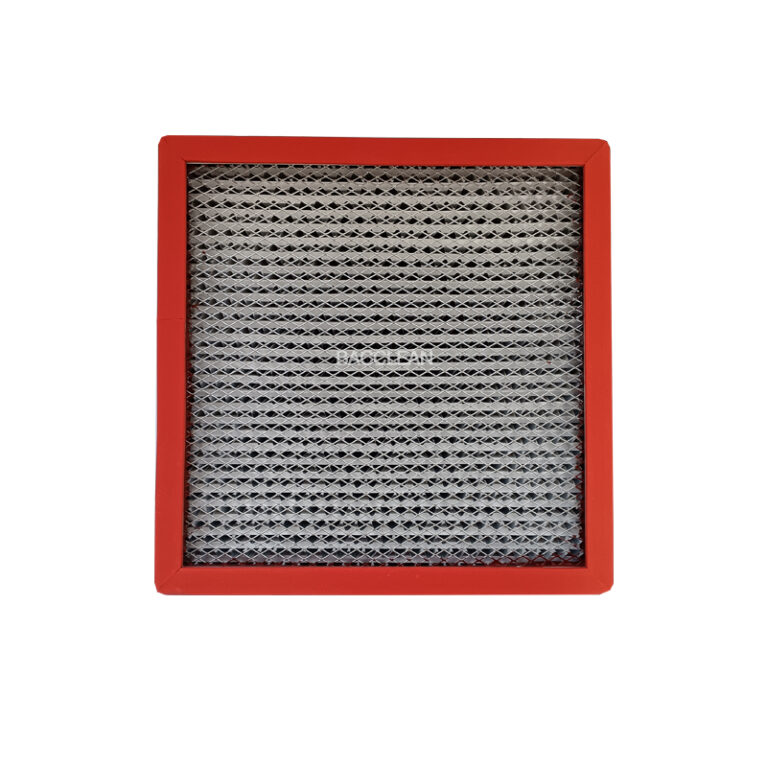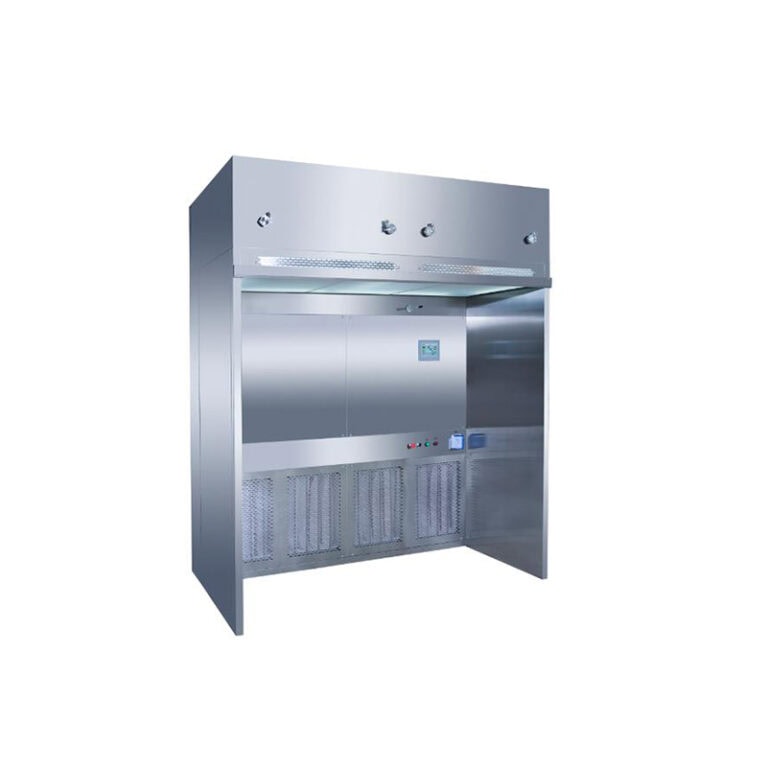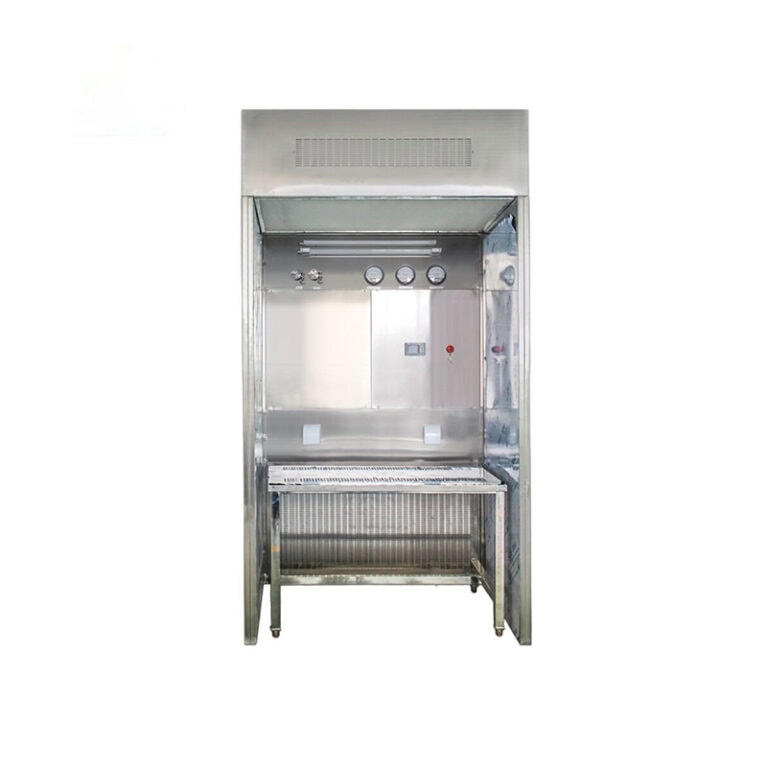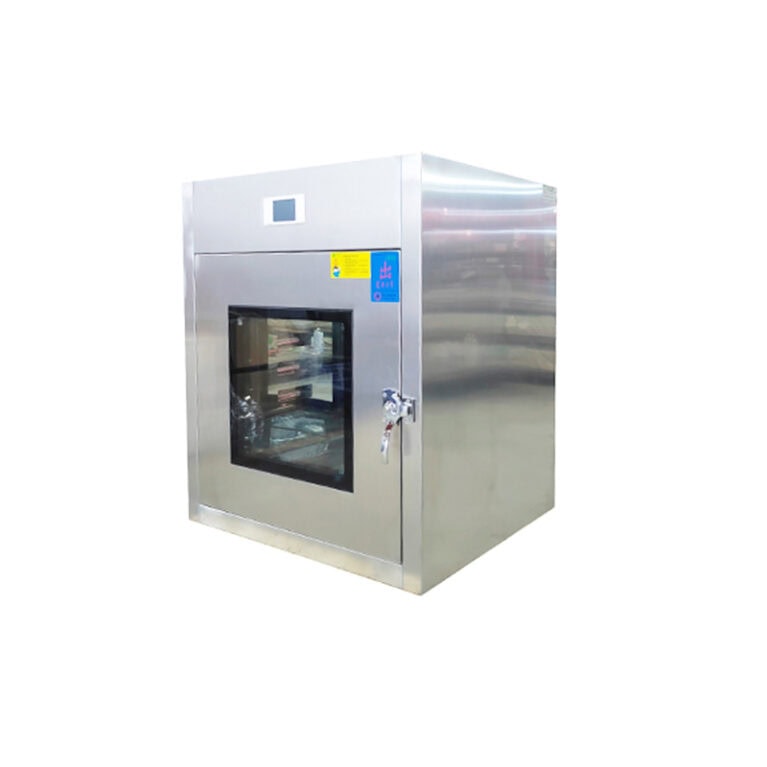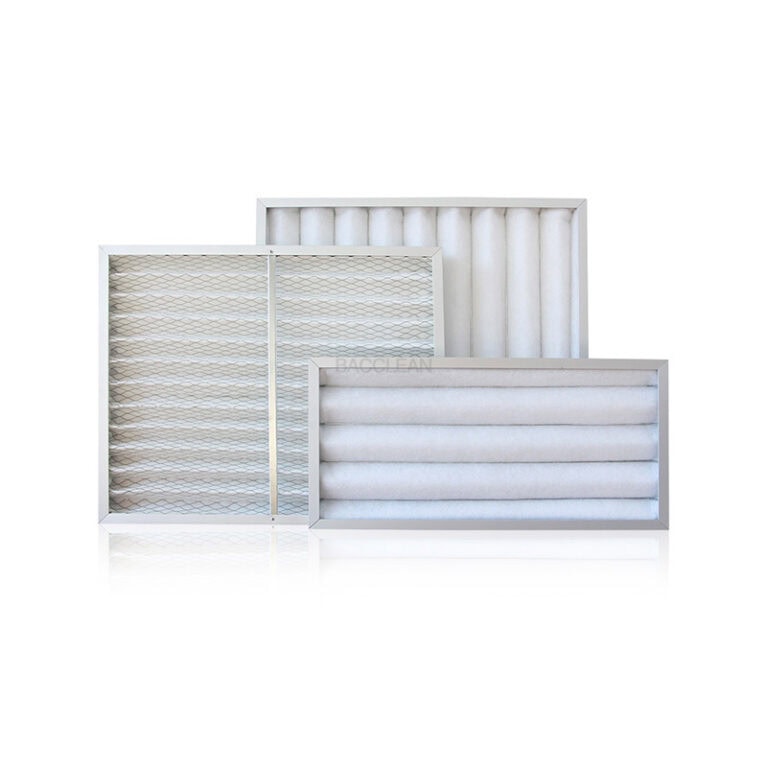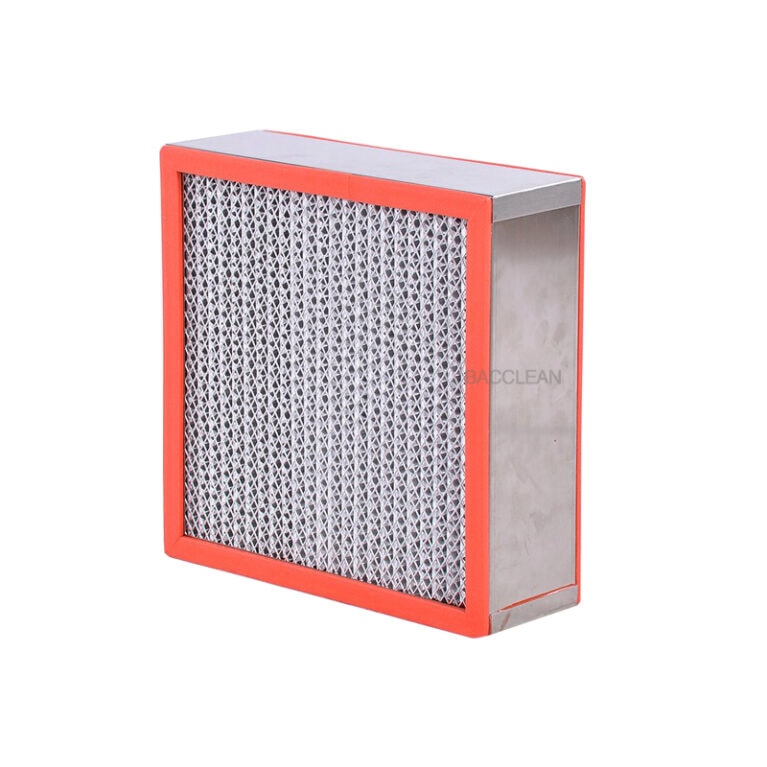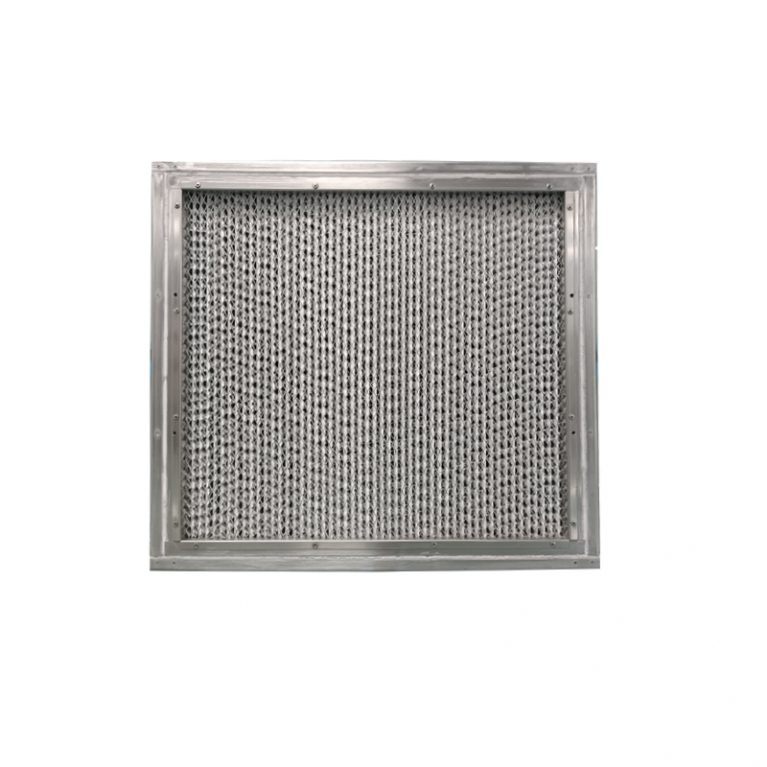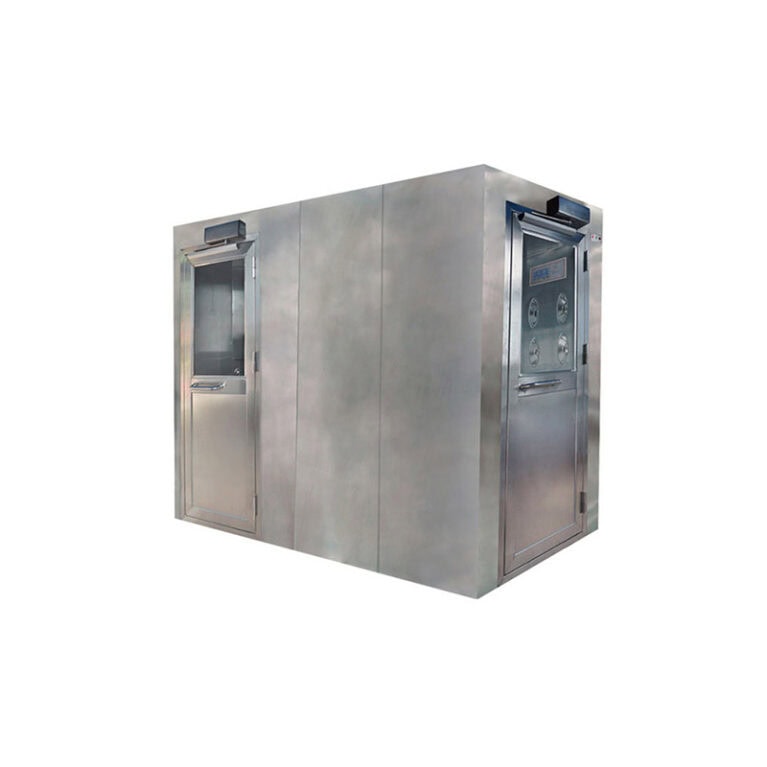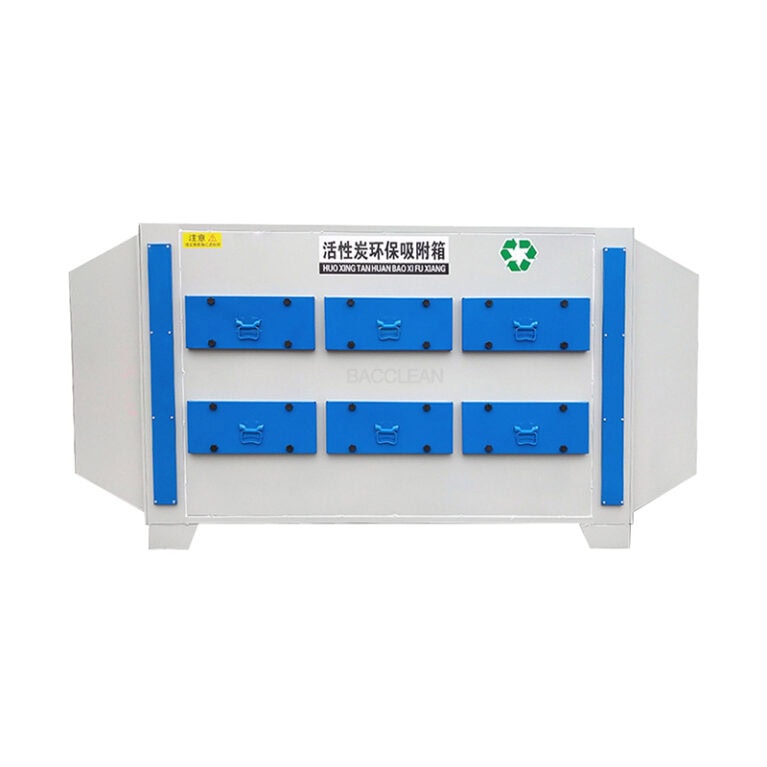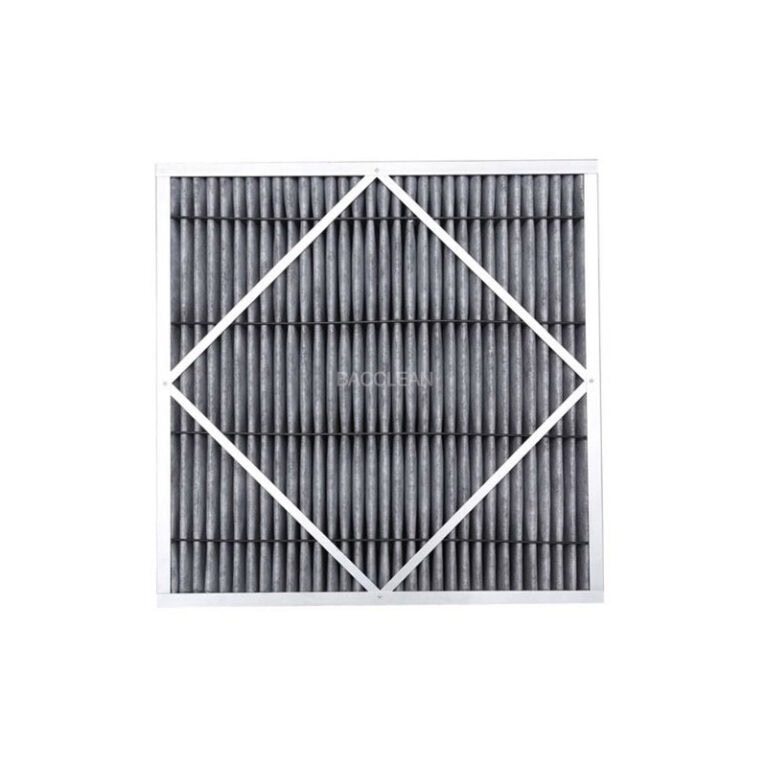In pharmaceutical production, air cleanliness is critical for drug quality and safety. The liquid tank high-efficiency air filter is the core equipment of the air purification system in pharmaceutical factories. Its importance is seen in four areas: ensuring drug quality and preventing contamination.
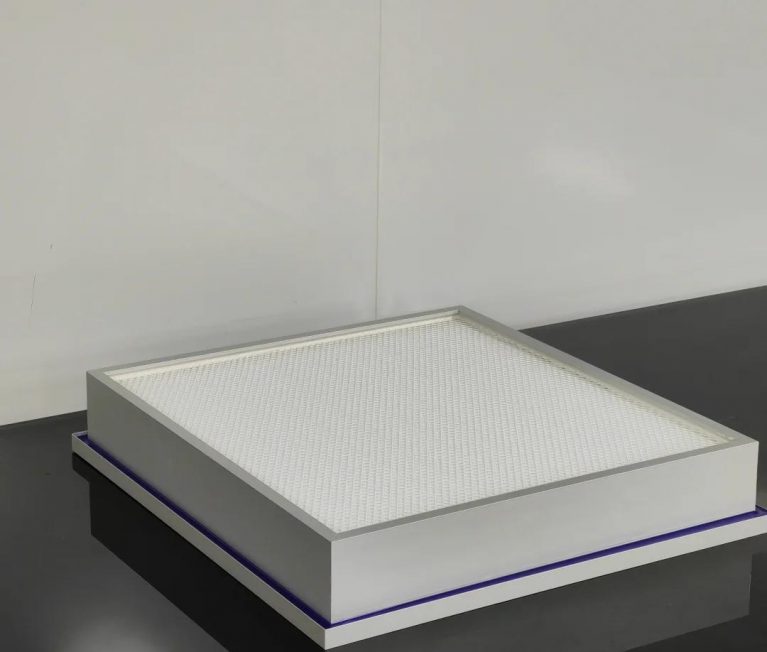
Medicines—especially injections, biological preparations, and sterile raw materials—are very sensitive to microorganisms and particles. Even a trace of dust or microbes can harm effectiveness or safety. Liquid tank high-efficiency air filters, meeting HEPA or ULPA standards, have over 99.97% efficiency. They capture particles, bacteria, spores, and pollutants 0.3μm and smaller. This keeps air in workshops (like aseptic filling rooms, freeze-drying workshops, and biosafety cabinets) at the GMP-required cleanliness (like Class A and Class B). The liquid tank’s sealing structure prevents bypass leakage, a problem with traditional filters. This blocks contamination at the source and keeps drug batches stable and safe.
Second, meet GMP compliance requirements and support production qualifications
GMP regulations for pharmaceuticals in various countries (such as China’s GMP, the US FDA, and the EU EMA) all have strict and mandatory requirements for the air cleanliness of the production environment in pharmaceutical factories. The filtration efficiency and sealing performance of the air purification system are the core points of GMP on-site inspections. The performance parameters of the liquid tank high-efficiency air filter (such as filtration efficiency, resistance, and dust holding capacity) and the sealing method fully comply with the technical specifications of GMP for “air purification in high-risk operation areas”, and are necessary conditions for pharmaceutical factories to obtain production licenses and pass domestic and international certifications (such as FDA certification and CE certification). If the performance of the filter does not meet the standards or there are sealing defects, the pharmaceutical factory will face risks such as production suspension for rectification and certification failure, which will directly affect its production qualifications and market access.
Third, protect the safety of operators and reduce the risk of occupational exposure
In certain pharmaceutical production scenarios (such as the production of antibiotics, cytotoxic drugs, and allergenic raw materials), drug dust or harmful microorganisms may be suspended in the air. If they leak into the operation area, it can cause occupational health problems such as allergic reactions and respiratory damage to the operators. The liquid tank high-efficiency air filter not only prevents external contaminants from entering the clean area, but also, through its “unidirectional flow” design and reliable sealing, firmly retains drug dust and harmful microorganisms in the clean area, preventing them from spreading to non-clean areas, thus building a safe occupational protection barrier for operators. It complies with the requirements of “personnel health protection” in the “Good Manufacturing Practice for Pharmaceutical Products”.
Fourth, maintain a stable production environment and reduce operation and maintenance costs
Pharmaceutical factories have extremely high requirements for the stability of temperature, humidity and cleanliness in the environment. Frequent filter replacement or leakage problems can cause fluctuations in the clean area environment and increase the risk of product scrapping. The liquid tank high-efficiency air filter features a large dust holding capacity and a long service life (typically up to 1 to 3 years, far exceeding that of ordinary high-efficiency filters), which can reduce the frequency of filter replacement and lower the downtime for maintenance. Meanwhile, its liquid tank sealing structure does not require frequent adjustment or replacement of sealing parts, making operation and maintenance more convenient. It can effectively reduce the long-term equipment maintenance costs and production interruption risks of pharmaceutical factories, ensuring production continuity.
In conclusion, the liquid tank high-efficiency air filter is not only the “core barrier” of the air purification system in pharmaceutical factories, but also a key device for ensuring drug quality, meeting regulatory compliance, protecting personnel safety, and maintaining stable production. It plays an irreplaceable supporting role in the production and operation of pharmaceutical factories and their competitiveness in the industry.

